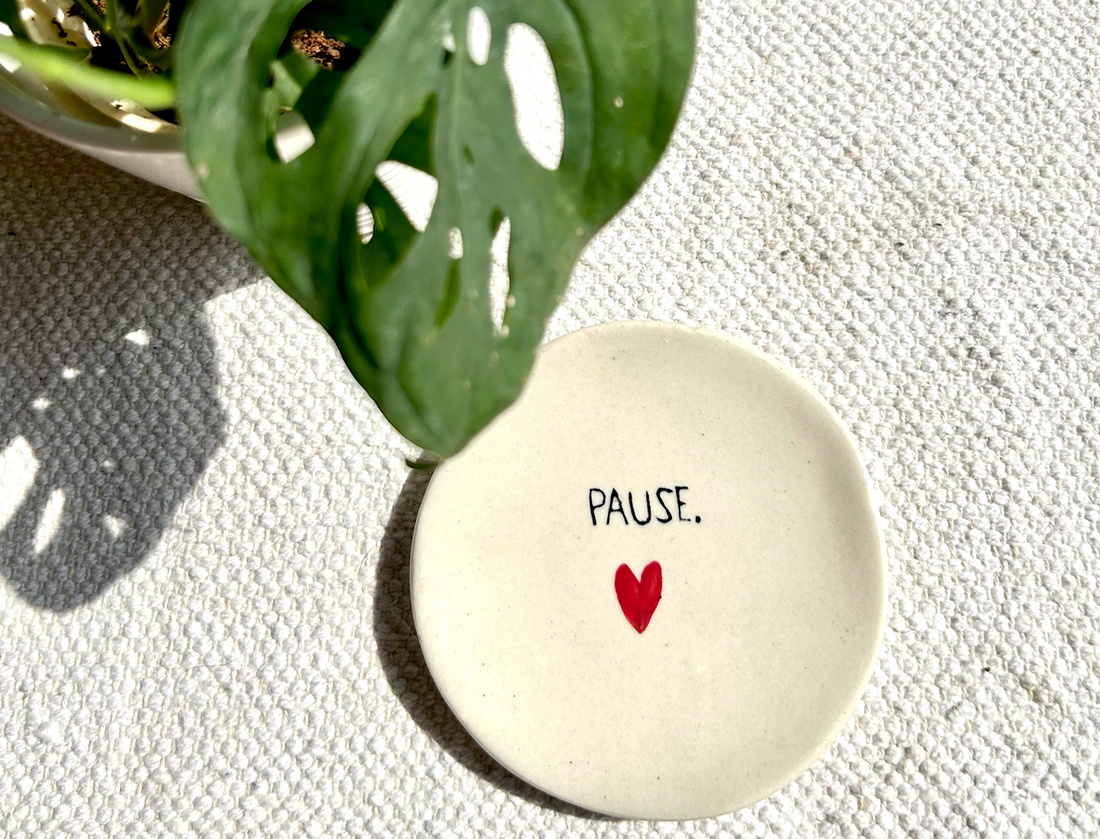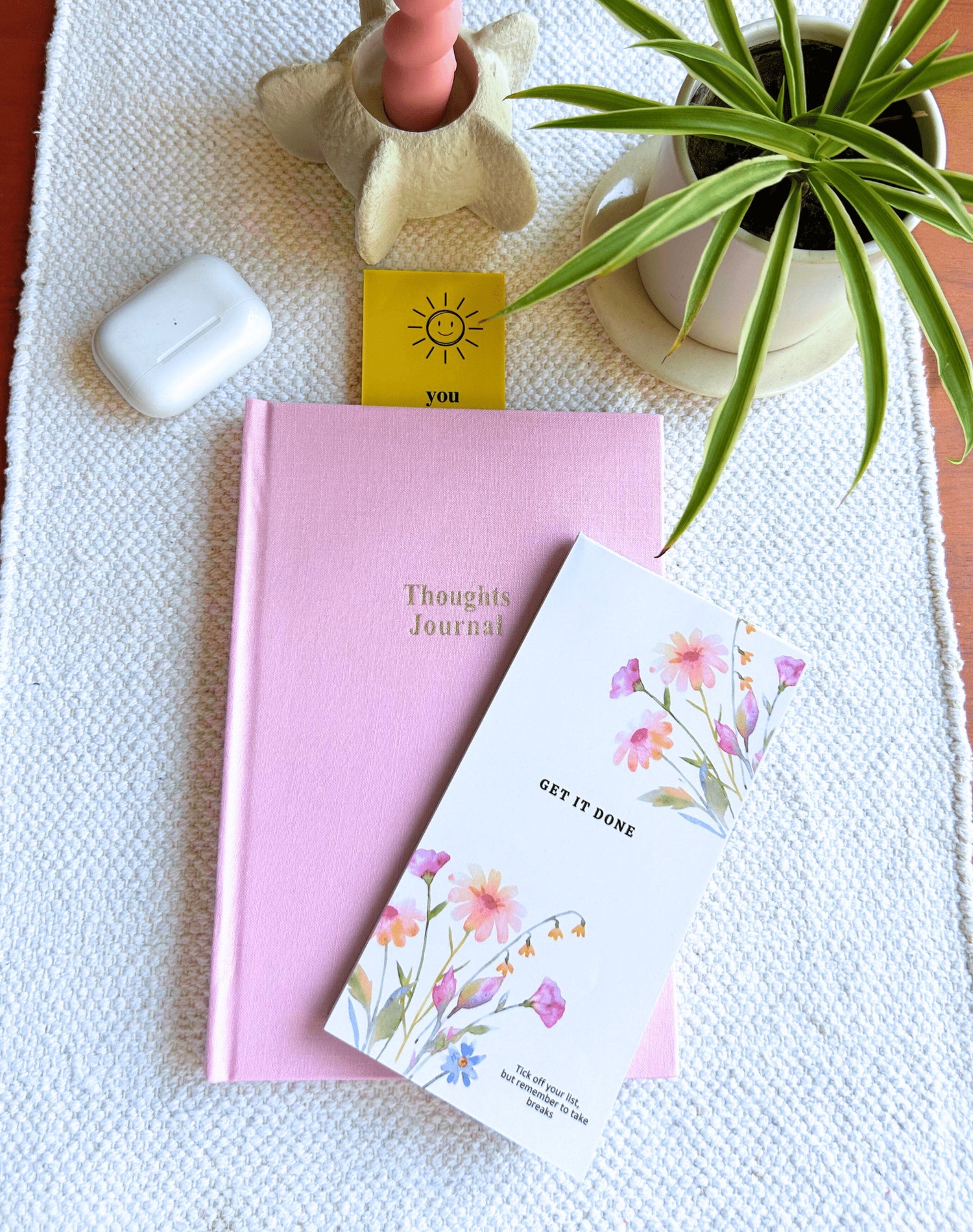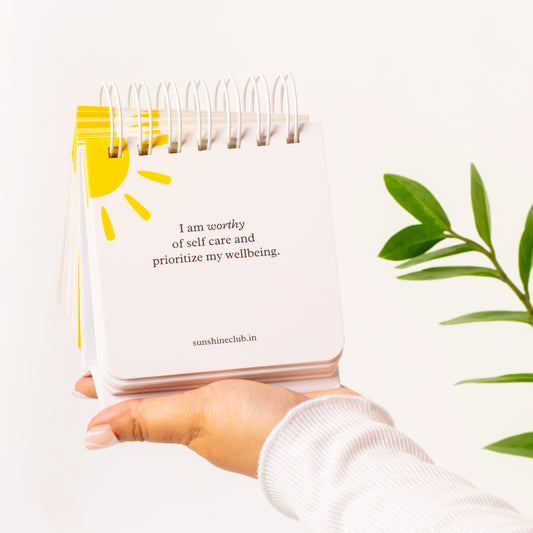
World Mental Health Day: Prioritizing Self-Care and Mental Wellness
Share
Each year, World Mental Health Day—celebrated on October 10—serves as a reminder to check in with ourselves and others, reaffirming the importance of mental health. In today’s fast-paced world, mental health can often be sidelined in favor of work, responsibilities, and other life demands. However, investing in mental well-being is crucial for living a balanced, fulfilling life.
Whether you're dealing with stress, anxiety, or burnout, or just want to maintain a healthy mind, there are steps you can take to nurture your mental health. This blog will explore key strategies for maintaining mental wellness, empowering you to take charge of your emotional and psychological health.
1. Establish a Daily Self-Care Routine
One of the most effective ways to support mental health is by developing a self-care routine that integrates into your daily life. Self-care looks different for everyone, but at its core, it's about doing activities that nourish you physically, emotionally, and mentally.
- Physical self-care: Exercise is a natural stress-reliever and mood booster. Even a simple walk outdoors can elevate your mood. Also, ensure you're eating a balanced diet and getting enough sleep—both are essential for brain function and emotional stability.
- Emotional self-care: Make time for hobbies and activities that make you happy, whether it’s reading, painting, or spending time with loved ones. Journaling can also help process your emotions and identify patterns that may be contributing to stress.
- Mental self-care: This involves engaging in activities that stimulate your brain, such as learning a new skill, solving puzzles, or meditating. Mental exercises can keep your mind sharp and help combat feelings of lethargy or disinterest.
Incorporating self-care into your routine can make you feel more balanced and less overwhelmed.
2. Connect with Others
Humans are inherently social beings, and meaningful connections with others are vital to our well-being. Loneliness and isolation can increase the risk of mental health issues like anxiety and depression. While social media might make us feel connected, it’s important to cultivate deeper, real-world relationships.
- Reach out to a friend, family member, or co-worker to talk about your day.
- Participate in group activities or join a club that interests you.
- Seek out support groups or online communities that foster open discussions about mental health.
Connecting with others helps create a sense of belonging and provides opportunities to share your struggles, which can reduce the burden of stress and negative emotions.
3. Practice Mindfulness and Meditation
Mindfulness is a powerful tool for managing mental health. By focusing on the present moment, mindfulness reduces rumination and worry, which can often lead to anxiety and depression. Meditation and breathing exercises are simple yet effective ways to practice mindfulness.
- Breathing exercises: Practice deep breathing by inhaling for a count of four, holding for four, and exhaling for four. This activates the parasympathetic nervous system, which calms the body and mind.
- Guided meditation: Use apps like Calm or Headspace, which offer guided meditations designed to help reduce stress, increase focus, and improve emotional well-being.
Mindfulness helps in breaking the cycle of negative thoughts, allowing you to approach problems from a place of calm rather than anxiety.
4. Set Boundaries and Learn to Say No
Setting healthy boundaries is crucial for maintaining mental well-being. Many people struggle with the desire to please others, leading to overcommitment and burnout. Learning to say "no" when necessary is a form of self-respect and self-care.
- Be honest with yourself about your limits.
- Prioritize tasks and commitments that align with your values and goals.
- Politely decline activities that overwhelm you or drain your energy.
By saying no, you're preserving your energy for activities that nourish you and align with your mental health goals.
5. Limit Social Media and News Consumption
In today’s digital age, the constant barrage of news and social media updates can be overwhelming, especially if you’re already feeling stressed. Studies show that excessive social media use can contribute to anxiety, depression, and feelings of inadequacy.
- Set limits on how much time you spend on social platforms.
- Curate your news feed to avoid sensationalist or negative content.
- Take regular "digital detoxes" where you disconnect from devices for a few hours or even a full day.
Protecting your mental space from overstimulation and negative influences can significantly improve your mood and emotional resilience.
6. Be Kind to Yourself
Lastly, practice self-compassion. Life can be stressful, and it’s easy to be hard on yourself, especially when things aren’t going as planned. Remember that it’s okay to struggle sometimes.
- Treat yourself with the same kindness and understanding you would offer a friend.
- Acknowledge your feelings without judgment, and give yourself permission to rest when needed.
Self-compassion can foster resilience, helping you bounce back from difficult situations without internalizing guilt or shame.
Conclusion
Mental health is a vital aspect of overall well-being. On this World Mental Health Day, take time to reflect on your emotional and psychological needs. Whether it's practicing mindfulness, setting boundaries, or seeking professional help, taking action toward mental wellness is an investment in yourself. Remember, small changes can lead to big improvements, and maintaining mental health is an ongoing journey—one that deserves your time and attention.








